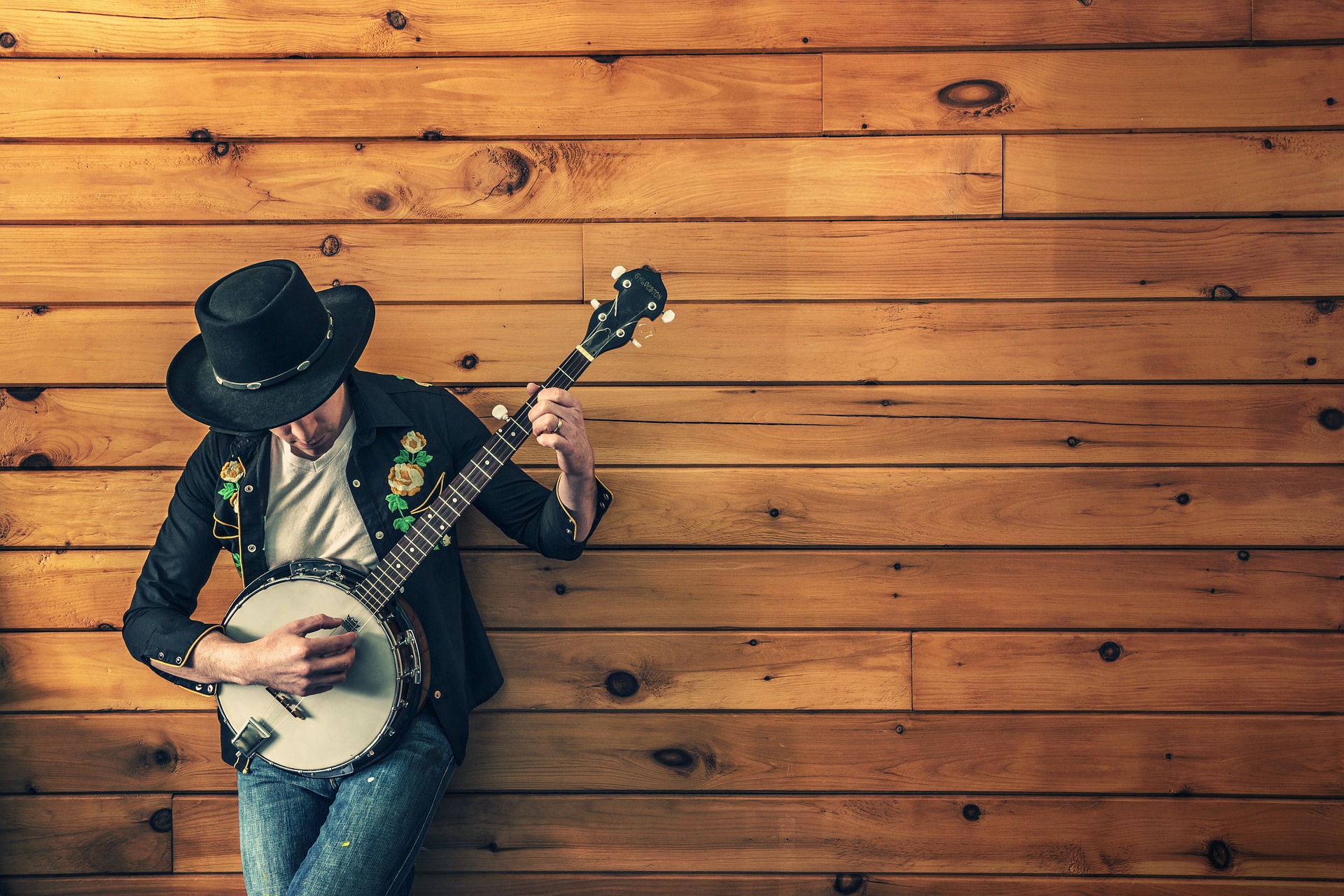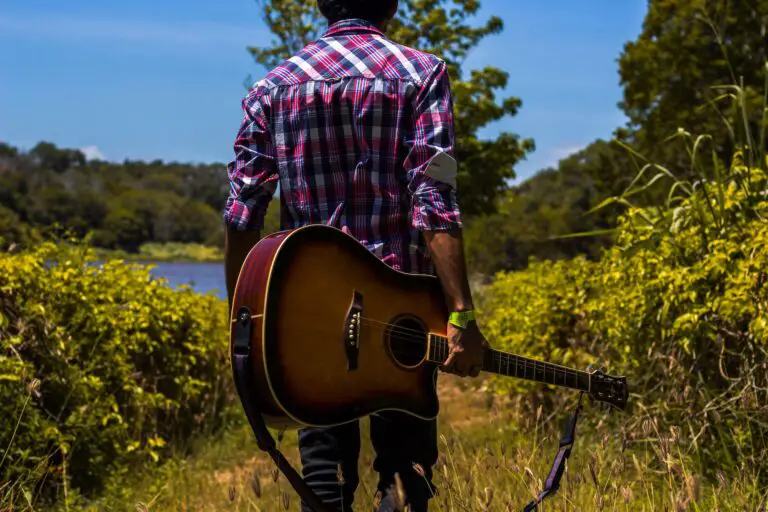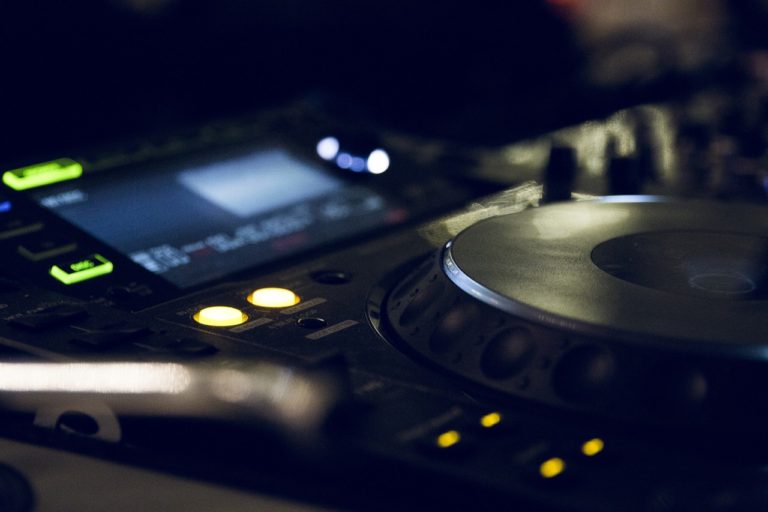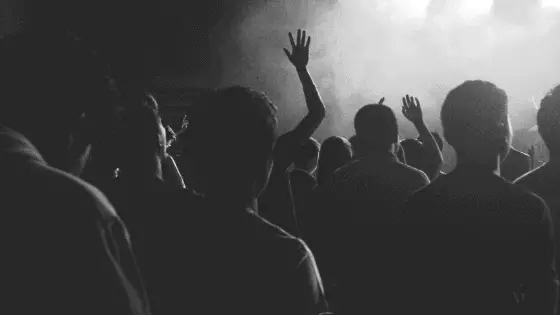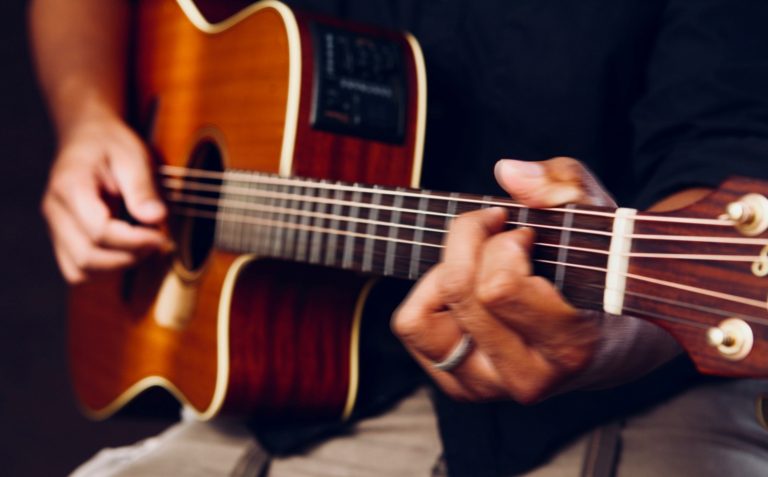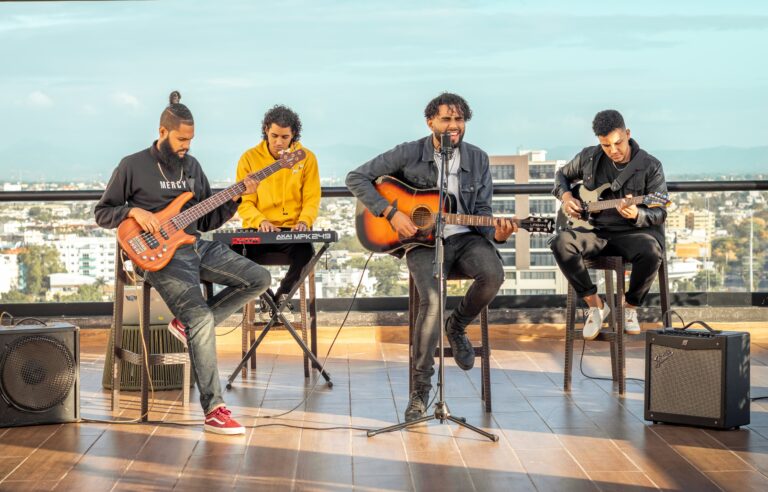What Happens with Copyright After Someone Dies?
Copyright can be a contentious issue whenever an artist is alive. Hover, that issue becomes pretty crazy after an artist’s passing. So, what happens with copyright after someone dies?
When someone dies, the copyright will stay with the artist’s estate for 70 years before entering the public domain in the US. However, the rights can be purchased or passed onto other parties should the legal holder agree.
Sure, sometimes the copyright will last well after the artist has died, but that is not always the case. Does the record label inherit it, or does it go to the highest bidder? There have been plenty of bizarre outcomes regarding a deceased artist’s legacy. Below, we will explore the details behind copyright after passing.
The Basic Rules Around Copyright
The rules surrounding copyright vary between locations. Most countries, such as the UK, most of Europe, and Australia, give 50 years of copyright protection for songs and 25 years for image rights. However, with no copyright registry, it can sometimes be difficult to enforce these rules.
A copyright registry contains the lists of copyrights within your country. For example, the US copyright office is where you can go through the registration office here. You may find active copyrights by browsing the website.
America has a strict copyright policy, granting a content creator extreme lengths of legal protection for their works. The modern laws ensure that the original author has lifetime ownership of their creations and then 70 years of copyright protection once they die. With these strict laws, it generally means an artist’s legacy is well protected once they pass.
How The Last Will and Testament Impacts Copyright
Believe it or not, the author can still have a big say on copyright ownership decades after they have passed. The will of the deceased author will generally determine the next owner. If they have specifically named a direct heir in their will, all the rights will pass on. The heir will be the direct beneficiary of whatever royalties and use their back catalog generates.
The testament can also indicate multiple successors and have any financial gain split evenly between these parties.
It doesn’t just relate to individuals, as a company can also receive the rights if they are nominated to receive it in the will. Should this occur, then the company will hold the rights for as long as they exist. If another company takes it over, that means those rights transfer to the new company.
How 1978 Changes the Impact of Copyright Protection
In the US, the rules change depending on when the artist made the content. The critical date at play is January 1st, 1978. The rules differ based on if the artist made it before or after this date. The differences before and after are listed below:
- Anything made from 1978 onwards enjoys 70 years of protection after someone dies.
- Anything made before 1978 but registered after this date is protected for 70 years, giving the original owner control until December 31, 2047.
- Any material published and registered before 1978 receives 75 years of protection from the date of original publication.
- Any material published before 1978 and not registered as of 1998 has 95 years of copyright protection.
With some older recordings, it can be tricky to get copyrights. You have to be reasonably well-informed of all the laws before holding any negotiations. For music made around or before 1978, music copyright becomes pretty complicated.
How Copyright Laws Can Impact a Sale
While most artists are comfortable registering and owning their copyright, it is not always the case with some collections. Many older recordings and left unregistered have become sought-after items. Original owners sold recordings of some well-known artists for millions. New proprietors are eager to benefit from any use that these songs endure in the public domain. More often than not, enthusiastic musicians purchase these discographies to expand their collections beyond their materials. As musicians and other music moguls have a good idea of how these laws work, many see it as a natural way to secure additional assets.
The Curious Case of McCartney and Jackson
Being one of the best-selling artists of all time, you would think The Beatles would control the fate of their recordings. While John Lennon and George Harrison have long passed on, both Ringo Starr and Paul McCartney don’t own their recordings. All of their recordings were purchased by Michael Jackson for $45m in 1984 after the collection owner put them up for sale.
It’s an ironic tale for McCartney, who himself owns the collection of famous musicians such as Buddy Holly and even encouraged Jackson to pursue these types of investments at the height of his career. The rights eventually ended up with McCartney in 2018 after a lengthy legal battle with Sony Music, who had purchased the rights from Jackson’s estate just two years earlier for nearly $750 million.
Artist vs. Record Label – Who Wins With Copyright Laws?
US copyright law doesn’t cover works produced by corporations. Some artists and their labels have led others to dispute their materials. Many of the disputes between both parties settle via a financial compensation. Some people take alternative approaches to handle copyright disputes.
In Taylor Swift’s recent battle, they re-recorded all of their old songs from their albums to create new artist-centered copyrights. But how does this work if the artist is deceased? There are legal loopholes designed to give next of kin the ability to win copyright back against the owning party should they want it.
US copyright laws allow original authors, or the heirs of an estate, to make a possible purchase of rights to material 35 years after it was first published. This feature gives heirs the chance to regain control of their deceased relative’s material and bring it back to the family should they want to. They would still have to negotiate with the current holders of the recordings to find a settlement.
What Happens if Nobody Owns the Copyright to Music?
Sometimes, artists will leave music without any rights holders as copyright protection expires. This choice puts it into the public domain – giving anyone the right to use it for whatever purpose they see fit.
This public domain application essentially applies to anything recorded or produced over a century ago. US copyright laws include many folk songs passed down from generation to generation. Here, pieces in the public domain generally stay that way for good. Anyone can use these music pieces in anything from education supplements to low-budget YouTube videos.
Warner’s Happy Birthday claim
It’s hard to believe that someone tried to claim Happy Birthday for their own, but Warner Music did just that. The music powerhouse attempted to claim ownership of the lyrics to the song attributing to at least $2 million in revenue a year.
Filmmakers and scriptwriters were not happy with this and counter-claimed Warner’s case arguing that the song should remain in the public domain. Luckily, the filmmakers won, and Happy Birthday remains a song for everyone to enjoy without anyone at Warner financially benefiting from one of the most well-known songs in the world today!
How Does Fair Use Apply When the Copyright Holder Has Passed?
With all of this in mind, how does fair use apply to Copyrights after passing? Here’s a quote from the US Copyright Office on the definition of fair use for further clarity:
Purpose and character of the use, including whether the use is of a commercial nature or is for nonprofit educational purposes: Courts look at how the party claiming fair use is using the copyrighted work, and are more likely to find that nonprofit educational and noncommercial uses are fair. This does not mean, however, that all nonprofit education and noncommercial uses are fair and all commercial uses are not fair; instead, courts will balance the purpose and character of the use against the other factors below. Additionally, “transformative” uses are more likely to be considered fair. Transformative uses are those that add something new, with a further purpose or different character, and do not substitute for the original use of the work.
Because the level of protection doesn’t change, we can say that fair use does not change. Because fair use can be educational or transformative, it is a protected type of use.
For example, if you wanted to make a parody of a Michael Jackson song, you will receive more protection for that use if you do so for educational purposes. We caution you against using this for certain types of encouragement, as making the song “I’m Bad (At Math)” may not go over well.
Here’s a video detailing more info on fair use and copyright:
Final Thoughts
Overall, it’s clear to see that most artists will still own their work decades after they have passed. Also, artists will usually give benefits to the primary beneficiaries of their estate. Older recordings may find themselves passing between different parties, especially those who know about the benefits of keeping old recordings.
If no one lays claim to it, it can end up in the public domain giving the world a chance to enjoy it. No matter what happens with copyright when someone dies, you can ensure that it will still be around for all of us to enjoy for decades after its creation.

